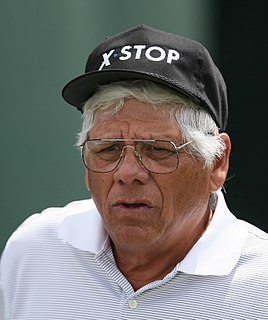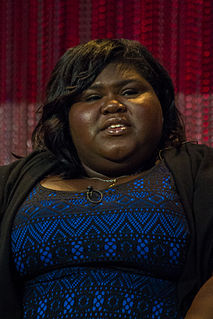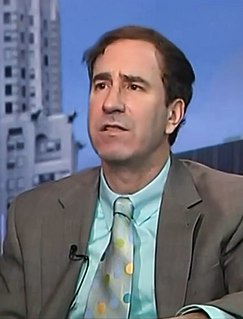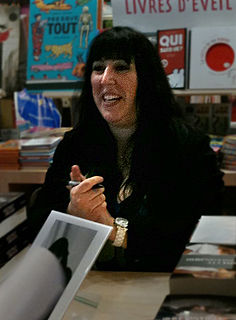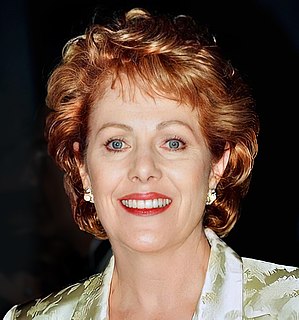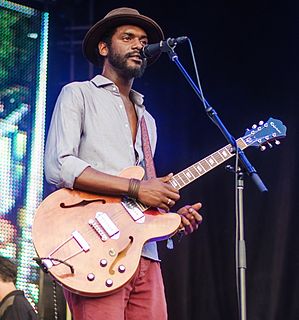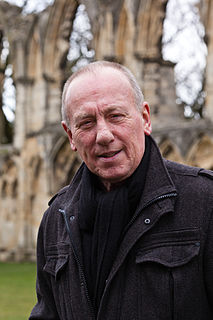A Quote by Shel Silverstein
One day he said, "I'll tell this town How it feels to be an unfunny clown." And he told them all why he looked so sad, And he told them all why he felt so bad. He told of Pain and Rain and Cold, He told of Darkness in his soul, And after he finished his tale of woe, Did everyone cry? Oh no, no, no, They laughed until they shook the trees... And while the world laughed outside. Cloony the Clown sat down and cried.
Related Quotes
After I’d told her – the mall, the taxi, Cross stroking my hair – she said, ‘Did he kiss you?’ ‘John and Martin totally would have seen that,’ I said, and as I felt myself implying the circumstances had prevented our kissing, I thought maybe this was why you told stories to other people – for how their possibilities enlarged in the retelling.
If I hadn't been told I was garbage, I wouldn't have learned how to show people I'm talented. And if everyone had always laughed at my jokes, I wouldn't have figured out how to be so funny. If they hadn't told me I was ugly, I never would have searched for my beauty. And if they hadn't tried to break me down, I wouldn't know that I'm unbreakable.
I was just a very emotional player. I wore my emotions on my sleeve. I pretty much told you how I felt. I didn't mince words, so to speak. If I felt bad, I let you know that I felt bad. If I felt you were playing sorry, I told you. If I was playing sorry, I told myself that. I came from an era when losing really hurt. I didn't see anything good about it.
In the eulogy by the graveside, I told everyone how my sister and I used to sing to each other on our birthday. I told them that, when I thought of my sister, I could still hear her laughter, sense her optimism, and feel her faith. I told them that my sister was the kindest person I;ve ever known, and that the world was a sadder place without her in it. And finally, I told them to remember my sister with a smile, like I did, for even though she was being buried near my parents, the best parts of her would always stay alive, deep within our hearts.
I had just finished playing a doctor in Doctors' and I had had to tell somebody that they had cancer. In that moment I thought, He's doing what I did!' We sat down and he said, I'm sorry, Mr. Timothy, but I've got bad news.' I thought, Oh!' He told me that they had found cancerous cells, but not a lot.
"So you're always honest," I said. "Aren't you?" "No," I told him. "I'm not." "Well, that's good to know, I guess." "I'm not saying I'm a liar," I told him. He raised his eyebrows. "That's not how I meant it, anyways." "How'd you mean it, then?" "I just...I don't always say what I feel." "Why not?" "Because the truth sometimes hurts," I said. "Yeah," he said. "So do lies, though."
You still think I've gone cracked in the head," Ben said, amused. "Listen, if tomorrow we pulled into Biren and someone told you there were shamble-men in the woods, would you believe them?" My father shook his head. "What if two people told you?" Another shake. Ben leaned forward on his stump. "What if a dozen people told you, with perfect earnestness, that shamble-men were out in the fields, eating-" "Of course I wouldn't believe them," my father said, irritated. "It's ridiculous." "Of course it is," Ben agreed, raising a finger. "But the real question is this: Would you go into the woods?
We spoke about our dreams and how we always felt safe in them, no matter how bad everthing else seemed. He told me it was one of the best days of his life and then he took out his gun. A .22 rifle. And he leaned forward and whispered, "Forgive me, Taylor Markham." Before I could ask how he knew my name and what I was to forgive him for he said, "Take care of my little girl." And then he told me to close my eyes. And I've been frightened to do just that ever since.

